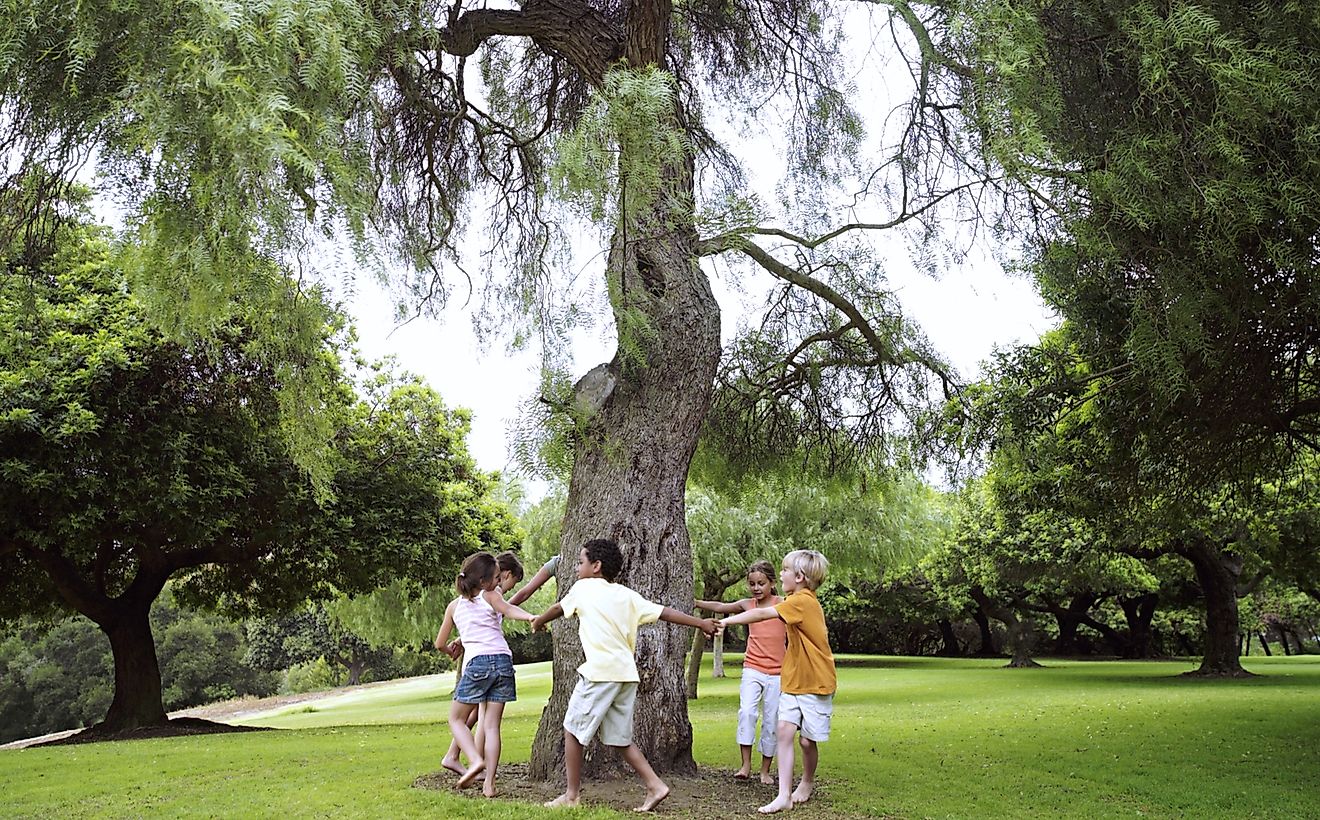What are the Origins of Ring a Ring o' Rosie?

“Does Ring a Ring o’ Rosie really come from the Black Plague?”
It’s a question that many folks readily reply “yes” to: many have been taught that beneath their seemingly simple rhymes and catchy tunes, nursery rhymes refer to historical figures or events. However, in the case of this nursery rhyme, it is not true.
Origin of the tale:
In case you aren’t familiar with it, the idea behind the nursery rhyme’s origins in the Black Plague comes from two specific phrases: “pocketful of posies” and “ashes, ashes, we all fall down!”There are numerous theories as to what these two phrases mean, and each individual phrase has three to four different potential references. Perhaps most common, is the idea that “pocketful of posies” were nosegays carried by people during the Black Plague which helped ward and protect them from catching the bubonic plague. And for the phrase “ashes, ashes, we all fall down”, the reference to the death that claimed many lives during the plague and the subsequent cremation of the victims.
However, there is not just one version of the “Ring a ring o’rosie” nursery rhyme! So not all of the texts have the same reference to ashes or pockets of posies. Let’s examine a few of them.
Variations:
In 1898’s Dictionary of British Folk-Lore, the text reads:
“Ring, a ring o’ roses,
A pocket full o’ posies,
Up-stairs and down-stairs,
In my lady’s chamber —
Husher! Husher! Cuckoo!”
In 1883 William Wells Newell published two versions in Games and Songs of American Children
“Ring a ring a rosie, A bottle full of posie, All the girls in our town, Ring for little Josie.”
and
“Round the ring of roses,
Pots full of posies,
The one stoops the last
Shall tell whom she loves the best.”
The variations above are only British and American ones— there are also versions from around the world: Indian versions, Croatian-Serbian versions, Italian, and even German variations of the rhyme.
Folklorists’ positions:
Though there is much speculation that the rhyme references the Black Plague, this is not in fact the consensus made by most folklore experts, for several reasons. First, the speculation that the rhyme referred to the Black Plague is a modern one, yet the referenced event occurred in the 1300s. If it were true, why did the version that uses ashes and posies only show up 500-600 years later, mid-Twentieth century? The symptoms described in the nursery rhyme also are not particularly accurate as far as what was experienced by victims of the plague. The numerous variations of the nursery rhyme also support the case for it not being in reference to the plague. With such variety, it’s unlikely that the origin was one event.
While it may be fun to imagine that playing the childhood game of running in a circle, hands held, and falling down in delight and laughter on the ground mimicked evens that killed many lives, it is in fact not true.











